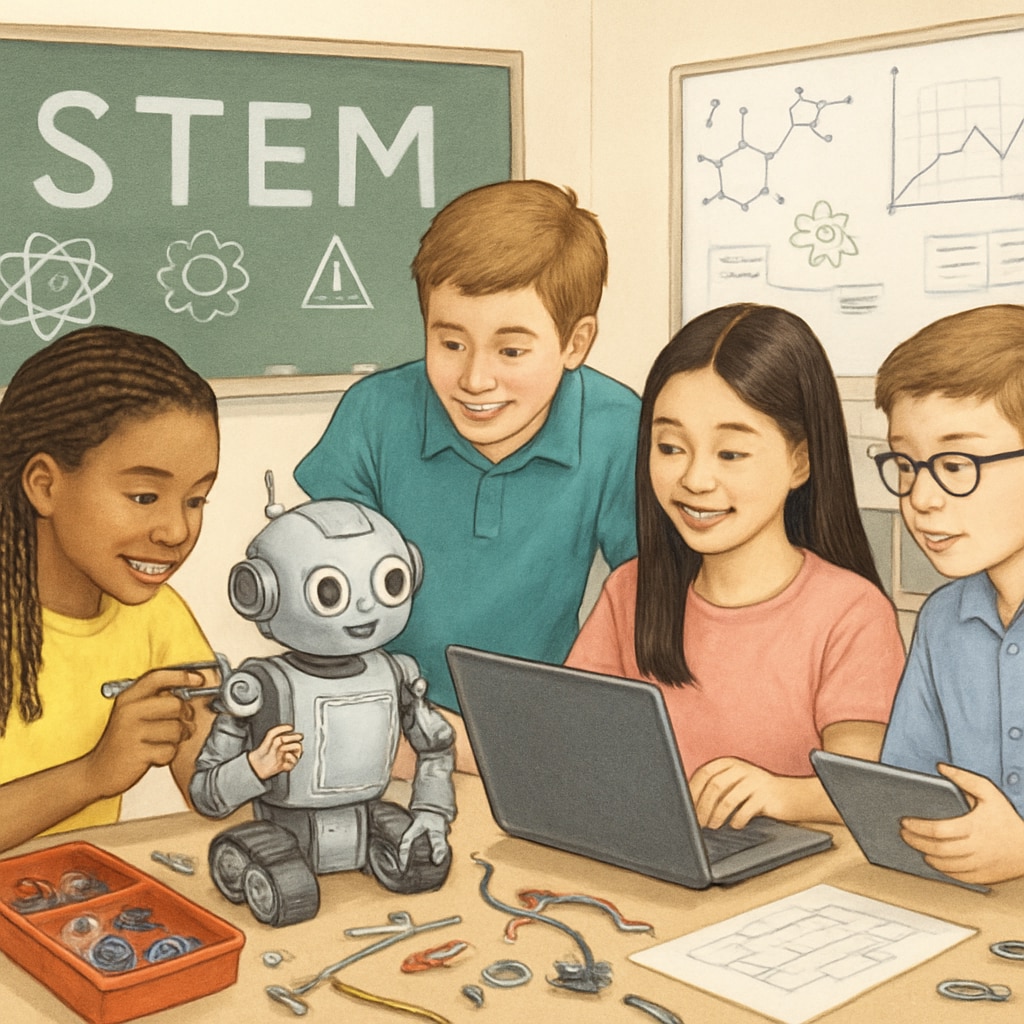Supporting gifted elementary students requires careful consideration of their unique academic abilities and personal development needs. By addressing “academic performance, gifted education, acceleration, and educational resources,” parents and educators can provide an environment that nurtures their potential while maintaining their enthusiasm for learning. This article explores practical strategies to help these young learners thrive.
Identifying True Academic Needs
Gifted students often excel beyond their grade level, but it’s essential to assess their true academic needs before implementing advanced programs. For example, standardized tests, teacher evaluations, and psychological assessments can help determine whether a student is ready for acceleration or needs more challenging material. Creating a personalized learning plan ensures these students receive appropriate support.

Choosing the Right Educational Environment
Not all schools or programs are equipped to handle the needs of gifted students. Parents should consider schools that offer specialized gifted education programs or enrichment opportunities. For instance, magnet schools or programs designed for high-achieving students may provide the ideal environment for intellectual growth.
In addition, extracurricular activities such as science clubs, math competitions, or arts programs can complement academic learning. These activities encourage creative thinking and social interaction, which are vital for holistic development.

Balancing Academic and Holistic Development
While academic excellence is important, gifted students also need emotional and social development. Overloading them with academic work can lead to burnout or stress. Therefore, finding a balance between academic challenges and leisure activities is crucial. For example, encouraging hobbies like sports, music, or creative writing can provide an outlet for self-expression and relaxation.
Moreover, teaching life skills such as time management and resilience can prepare them for future challenges. These skills contribute to a well-rounded personality, helping them navigate both academic and personal milestones.
Utilizing Advanced Educational Resources
Access to high-quality educational resources plays a significant role in supporting gifted students. Online platforms, such as Khan Academy, offer advanced courses that can supplement school curricula. Additionally, resources like Britannica provide a wealth of knowledge across various disciplines.
Parents and educators can also invest in books, software, and learning tools specifically designed for gifted education. These resources can broaden students’ horizons and keep them engaged with challenging content suited to their abilities.
In conclusion, supporting gifted elementary students involves a combination of tailored academic strategies, access to advanced resources, and a focus on holistic development. By identifying their unique needs, choosing the right environment, and balancing their growth, we can help these young learners excel while nurturing their lifelong passion for learning.
Readability guidance: Use short paragraphs and lists to summarize key points. Ensure content is engaging and avoids overloading technical details. Incorporate examples and practical advice wherever possible.


